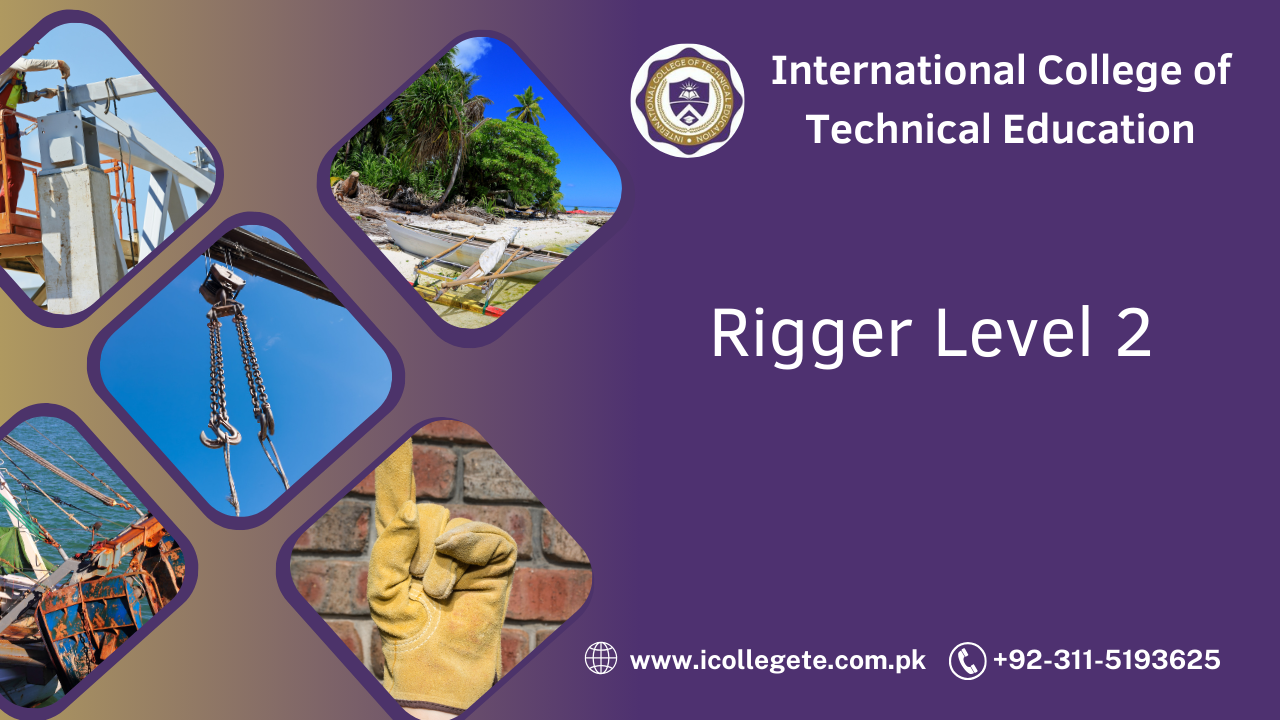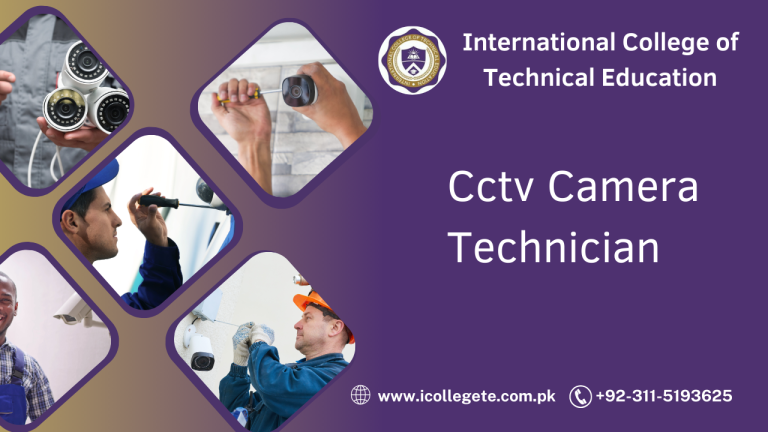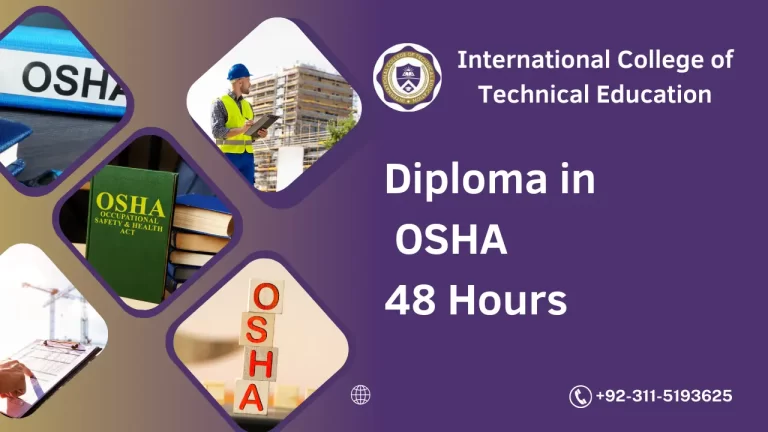Rigging plays a critical role in industries such as construction, manufacturing, and oil and gas, where the safe and efficient movement of heavy materials is essential. The Rigger Level 2 Course in Lahore is designed for individuals who have already acquired basic rigging skills and wish to advance their knowledge and capabilities in handling more complex lifting operations. This intermediate-level course builds on the foundational knowledge from the Level 1 course, introducing participants to more advanced techniques, safety protocols, and the responsibilities of rigging supervisors.
The Rigger Level 2 Course is intended for those who have gained entry-level rigging experience and want to take their skills to the next level. The course focuses on preparing individuals to handle more advanced rigging tasks, supervise rigging teams, and ensure the safety and efficiency of complex lifting operations. Participants will learn how to plan, prepare, and execute rigging tasks for larger and more challenging loads, including working with different types of rigging equipment and systems.
This course equips students with the technical knowledge and practical experience needed to become proficient riggers, ready to take on more responsibility in the workplace and manage rigging operations in a variety of environments.
Course Overview
The Rigger Level 2 Course in Lahore offers a deeper understanding of rigging principles, with an emphasis on advanced rigging techniques, safety management, and team leadership. The course provides both theoretical instruction and practical, hands-on experience in managing rigging projects. Participants will learn about the use of specialized rigging equipment, methods for lifting heavy loads, and how to assess and mitigate risks in rigging operations.
By the end of the course, participants will be well-equipped to work on more complex rigging tasks, supervise other riggers, and ensure that operations are performed in compliance with industry safety standards.
Study Units
The Rigger Level 2 Course typically includes the following study units:
- Advanced Rigging Techniques: An introduction to more sophisticated rigging practices, including the use of specialized equipment like pulleys, hoists, and block and tackle systems.
- Rigging Load Calculations: Learning how to calculate and assess load weight, distribution, and angles to ensure safe lifting operations.
- Rigging Equipment Handling and Maintenance: An in-depth study of the various types of rigging equipment and how to properly maintain, inspect, and use them.
- Lifting Operations and Planning: Understanding the process of planning lifting operations, including identifying the correct lifting method and creating safe, efficient procedures.
- Rigging Safety Standards and Regulations: A detailed review of local and international safety standards, including OSHA, HSE, and ANSI, and their application in rigging operations.
- Team Leadership and Supervision: Developing skills to lead a team of riggers, allocate tasks, and oversee rigging operations while ensuring safety and efficiency.
- Risk Management and Hazard Identification: Identifying potential hazards in rigging tasks and implementing strategies to mitigate risks.
- Working in Challenging Environments: Rigging in confined spaces, high places, and other specialized environments, with a focus on safety and proper technique.
- Emergency Response and First Aid: Preparing for emergencies by learning the proper response procedures and basic first aid techniques for rigging-related accidents.
Learning Outcomes
Upon completing the Rigger Level 2 Course, participants will be able to:
- Execute advanced rigging techniques and use a variety of rigging equipment effectively.
- Plan and prepare for complex lifting operations, ensuring the safety and stability of loads.
- Supervise and lead rigging teams, allocating tasks and ensuring operations are carried out efficiently.
- Conduct load calculations and ensure proper weight distribution for safe lifting.
- Identify and mitigate risks in rigging operations, ensuring compliance with safety standards.
- Perform regular inspections and maintenance on rigging equipment to ensure its safety and effectiveness.
- Apply advanced rigging knowledge in challenging environments, such as high-altitude or confined spaces.
- Respond effectively to emergency situations and provide basic first aid if required.
Course Benefits
The Rigger Level 2 Course offers several advantages to participants, including:
- Advanced Skills Development: Gain in-depth knowledge and practical skills that will allow you to handle more complex rigging tasks and take on greater responsibility.
- Increased Job Opportunities: With enhanced rigging skills, you become a more attractive candidate for higher-level positions in industries such as construction, oil and gas, and manufacturing.
- Industry Recognition: The course is designed to meet industry standards, ensuring that your qualification is recognized by employers and key safety organizations.
- Improved Safety Awareness: Learn to identify hazards, assess risks, and ensure that all rigging operations are performed in compliance with strict safety protocols.
- Leadership and Supervisory Skills: Develop leadership qualities that will help you manage rigging teams, making you well-suited for supervisory and managerial roles in the rigging industry.
- Practical Experience: The course includes hands-on training, ensuring that you have the practical experience needed to apply your knowledge on real-world rigging tasks.
- Career Advancement: By acquiring advanced rigging skills and leadership experience, you will have the opportunity to advance your career in rigging and related industries.
Who Is This Course For?
The Rigger Level 2 Course is ideal for:
- Experienced Rigging Professionals: Those who have already completed the Level 1 course or have practical rigging experience and wish to advance their skills.
- Rigging Supervisors and Foremen: Individuals in leadership positions looking to enhance their ability to manage rigging teams and ensure safety on the job site.
- Construction and Manufacturing Workers: Workers who wish to specialize in rigging for heavy lifting, handling materials, and working with complex machinery.
- Health and Safety Officers: Professionals responsible for ensuring safety in rigging operations and compliance with safety regulations.
- Project Managers: Those responsible for overseeing rigging operations and coordinating complex lifting tasks within a project.
- Anyone Seeking Career Advancement: Individuals who want to increase their qualifications and move into more senior roles in rigging and construction.
Future Progression
After completing the Rigger Level 2 Course, there are numerous opportunities for career and educational progression:
Career Opportunities:
- Rigger Supervisor: Manage a team of riggers, ensuring safe and efficient rigging operations on large-scale projects.
- Rigging Foreman: Oversee complex rigging operations, ensuring that tasks are carried out according to plan and safety standards are met.
- Rigging Inspector: Inspect rigging equipment, loads, and lifting operations to ensure compliance with safety standards.
- Heavy Equipment Operator: Transition into operating cranes, hoists, or other heavy lifting equipment with additional training.
- Construction Manager: With further experience and qualifications, you may progress to managing entire construction projects, including overseeing rigging operations.
Further Education and Training:
- Rigger Level 3 Course: This advanced course focuses on managing large-scale rigging operations and supervising multiple teams, preparing individuals for senior management roles.
- Crane Operator Certification: Obtain certifications to operate cranes and other large lifting machinery, expanding your range of skills in the lifting and rigging industry.
- Health and Safety Training: Certifications such as NEBOSH or IOSH can complement rigging qualifications, enabling you to take on health and safety management roles.
- Specialized Rigging Training: Advanced courses in specific areas of rigging, such as working with industrial machinery, performing offshore rigging, or handling hazardous materials.
The Rigger Level 2 Course in Lahore offers an excellent opportunity for individuals with basic rigging knowledge to further their skills and take on more complex rigging responsibilities. With a focus on advanced techniques, safety management, and leadership, this course prepares participants for supervisory roles in the rigging industry and opens doors to various career opportunities.







